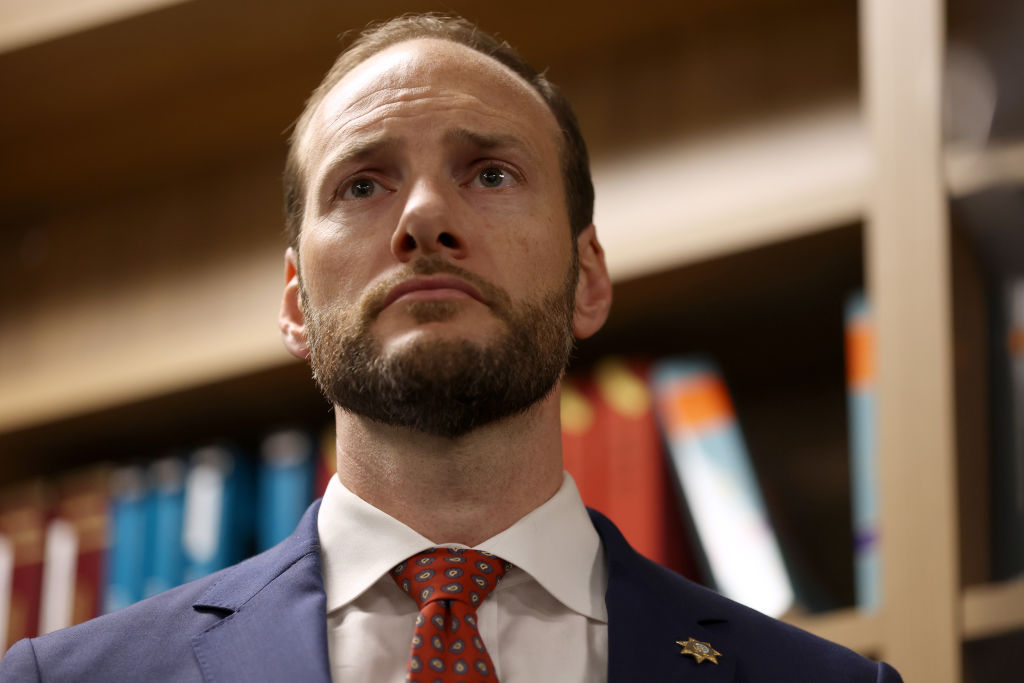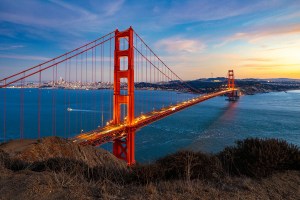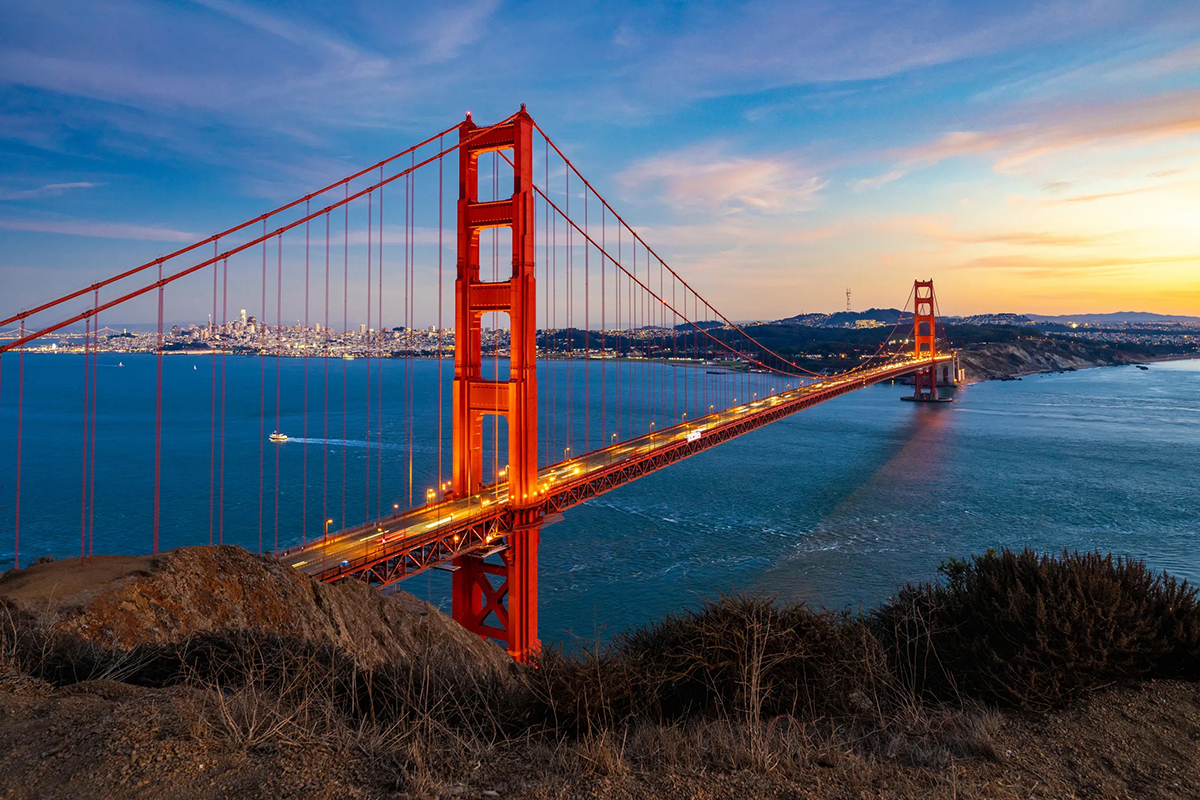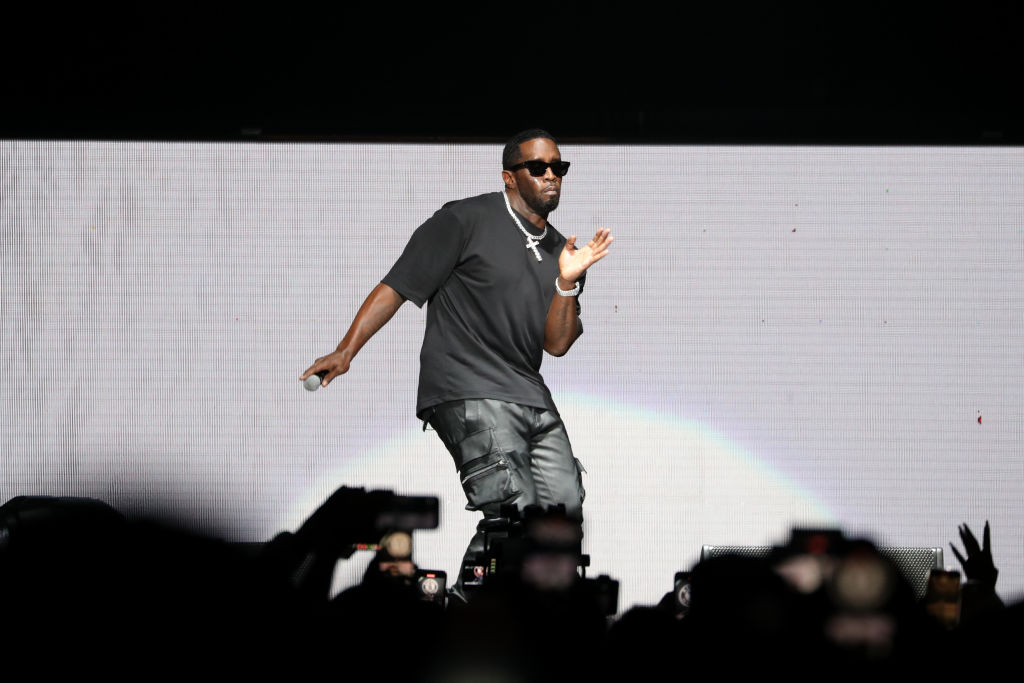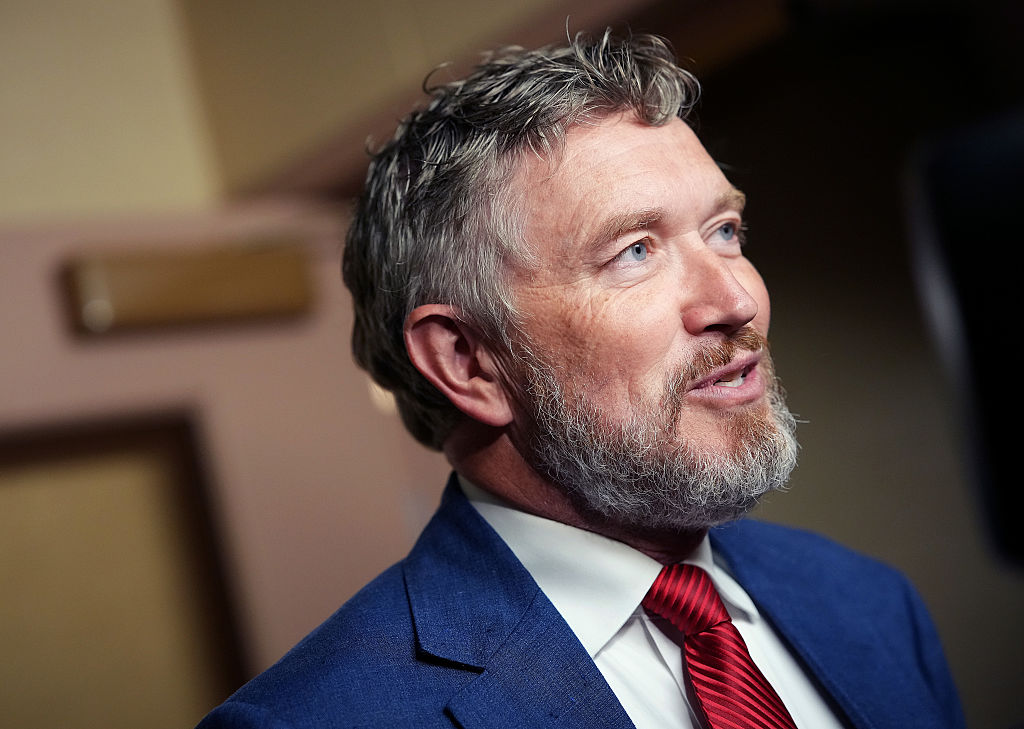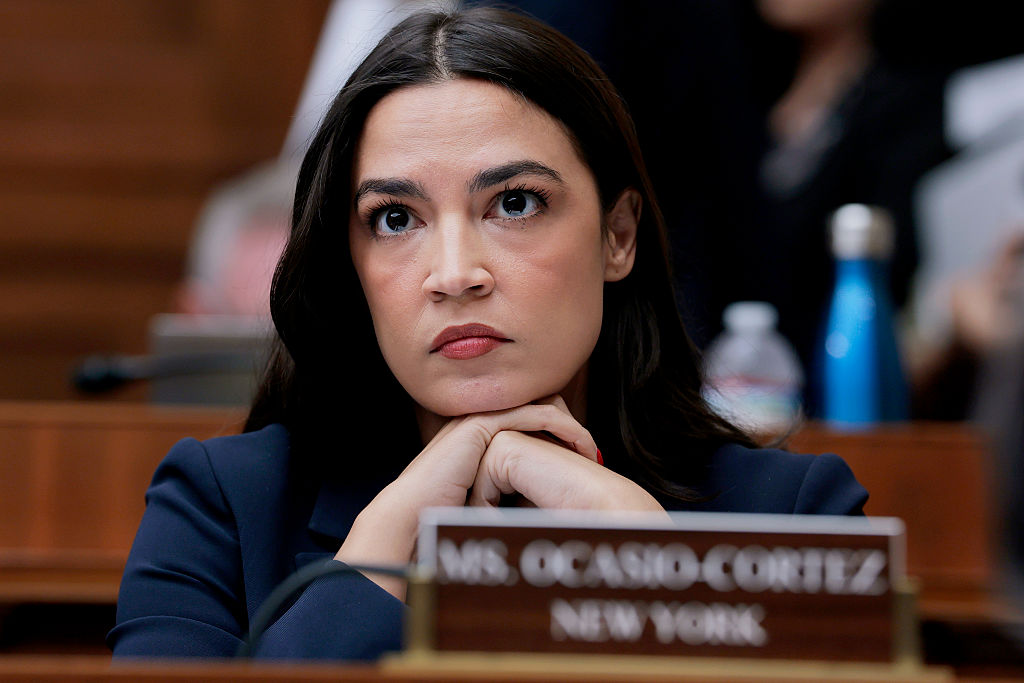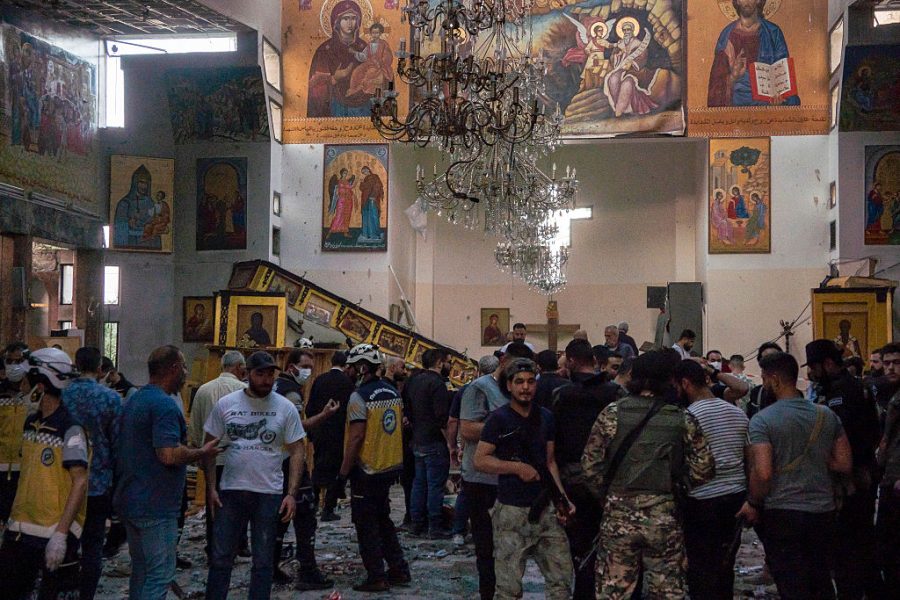California’s ballots went out early this month, and the drawn-out mail-in primary election ends on June 7. Turnout looks to be low, as there are no competitive statewide races, and November elections are a lock for the Democratic incumbents. Governor Gavin Newsom has one eye on the camera and the other on the White House. Senator Alex Padilla — appointed last year by Newsom to fill Kamala Harris’s seat — is a reliable placeman for the ruling Democratic junta.
The contest that politicos will be watching is an up-or-down recall vote for San Francisco’s district attorney Chesa Boudin. It would be a major upset if he kept his job. He might be deposed in a landslide, as was San Francisco’s zany school board, or lose more narrowly. The results will help reveal progressive force at the polls come November.
Boudin promised to make San Francisco a safer place with fewer punitive policies. It hasn’t worked. His own prosecutors are among his most vehement critics, and half of them have resigned from office. Even his allies say he’s in the wrong job, with the mindset of a public defender and not a prosecutor. The recall is also a referendum on the city’s demoralized, angry cops: whether they are doing too much or too little.
Asian voters angry at relaxed law enforcement and sentencing are driving the recall. But vogue progressives are also fed up with the — um, you know — crud and fear, as sapphire-blue Annie Lowery at the Atlantic almost reluctantly reveals. The uptick of theft, car jackings, home invasions, homicides and random violence is disputed.
Additionally, Boudin draws fire for conditions over which he has limited control. The filthy and crazed — vacant men and women with knapsacks and blankets — wander aimlessly on commercial avenues, stopping here and there to go through the trash. Large vagrant encampments downtown reify social failure, surrendering premium public space to junkies, madmen and derelicts. Blame Martin v. Boise and the Ninth Circuit Court, not Boudin. But few San Franciscans pretend that his lenience and empathy have not made things worse.
Three years ago, Boudin entered the San Francisco district attorney’s race as an underdog and captured voters’ attention with his extraordinary life story. Governor Newsom and Mayor London Breed, the San Francisco Chronicle and the city police tried their best to defeat him. There has been no reconciliation or endorsements. This time around, the Chronicle argues to wait for the 2023 election and against recall.
California voters are in a state of recall fever, reflecting exasperation with their cities’ death plunges and disillusionment with “progressive prosecutors.” A campaign to unseat hard-left Los Angeles district attorney and former San Francisco police chief George Gasćon in a November recall is intensifying.
At forty-one, Boudin has lived a cosseted life, attending the Lab School in Chicago, Yale College and Yale Law School. A celebrity-left Rhodes scholar in the UK, then an advisor to Hugo Chavez in Venezuela, he was a federal district and circuit court lawyer and public defender. Sharp-witted Boudin has since childhood been fast-tracked for power.
Boudin is personable when he wants to be, chilly and arrogant when he does not. He lives modestly and virtuously, avoiding the French Laundry lifestyle that California’s other Democratic politicians seem to crave. In fact, he seems out of place in electoral politics altogether.
He was fourteen months old when his parents, Kathy Boudin and David Gilbert, both involved with the Black Liberation Party, dropped him off with a babysitter and took part in an armored car robbery in Upstate New York. The 1981 event left two police officers and a security guard dead, leading to a media firestorm and sensational court trial.
Mother Kathy, who died this month at seventy-eight, served twenty-two years behind bars before parole, penitent, shunning violence, but not her version of social justice. As adoptive parents, former fugitives and brazen radicals Bill Ayers and Bernardine Dohrn raised Boudin in Chicago.
Boudin’s view that incarceration destroys lives, that children suffer, and that addicts should be rehabilitated — not jailed — flow from his own searing experience. A sympathetic 2001 New Yorker profile captured the pain of separation. His determination to finish what his parents began, his longing for their vindication, and his inconsolable rage over their imprisonment endure. A Nation essay he wrote was in essence a plea to New York governor Andrew Cuomo to commute his less remorseful father’s sentence.
From the Alger Hiss and Rosenberg years on, the celebrated Boudin family of lawyers championed pro-Soviet communists and fellow travelers. Kathy’s red-diaper private school included as students Robert de Niro and Mary Travers of Peter, Paul and Mary. Angela Davis was an American Friends Service student from the south. Precocious in her radicalism, Kathy was valedictorian at Bryn Mawr in 1965.
At the time of the robbery, Kathy had been a long-term fugitive, hunted by the FBI. The Weather Underground’s rich-kid thrill seekers were never going to bring down the country. They were never Italy’s Red Brigades. But thanks to the partisan Sixties mythos among leftist historians, they have entered textbooks as sentinels of social justice and political visionaries, lionized by the woke.
Boudin calls shoplifting “a feature of modern American urban life, in large part because of the horrific wealth inequalities, the poverty, the lack of access to housing.” The “insatiable demand for drugs” comes “from people who don’t have housing, access to health care, access to employment and access to treatment that can help them reduce their dependence on dangerous drugs.” He seems blind to the realities of meth and fentanyl addiction plaguing his adopted city.
According to Boudin, policing and sentencing is saturated in racism and violence. Vagrants and paupers are victims. They cannot be anything but victims in capitalist, racist, imperialist Amerika. And that’s the core problem. A close-minded Boudin and those of like mind remain tethered to Marxist premises, dated social theories, and multicultural nostrums, dismissive of cogent policy.
Boudin’s public glow will not dim with a June 7 defeat. Powerful associates in the US and abroad will help him land on his feet. A high-visibility post in the Department of Justice or State Department could lie ahead. Should San Francisco voters dump Boudin — which now seems almost certain — his political visibility and influence will persist.



